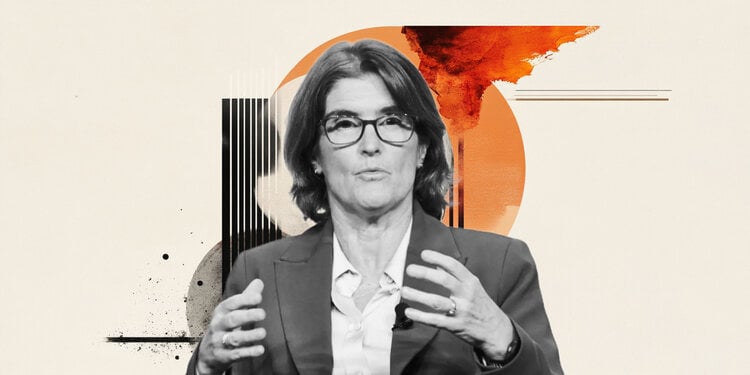Salute e sexual well-being, we still need to take many steps towards dialogue and affective and sexual education and in providing concrete support to anyone who needs medical or psychological support on their life and intimate health. In this context, it is precisely the Young people – who represent the most fragile age group – to need attention.
Precisely for this purpose again this year Durex has created, in collaboration with Skuola.net, theYouth and sexuality observatory: a rich statistical survey, carried out on a sample of over 15 thousand young people between 11 and 24 years old, which made it possible to investigate the relationship of preteens, adolescents and young adults with sexuality and affectivity. The results show an increasingly precocious approach of young people to sexuality: 42% of the interviewees, in fact, claim to have had their first sexual relationship between 15 and 16 years, but there are also those who claim to have had his first experience before the age of 13 (3%).
The most worrying fact that emerges from the survey is that this early approach is accompanied by the implementation of behaviors that are not very aware and very often at risk: among the respondents, for example, less than half (49%) usually use the condom, in 2018 it was 57%. Also, speaking of contraception, when asked about the use of coitus interrupted, more than half of the sample (63%) said of having used this practice, a progressive increase compared to previous years (2018, 52%; 2019, 57%; 2020, 62%). The survey then indicates an almost doubled percentage compared to 2020 of those who are convinced of the effectiveness of this method against unwanted pregnancies and STIs (15% in 2021 vs 8% in 2020). In reverse, in sharp decline compared to the past, is the number of those who declare themselves aware of the ineffectiveness of this method: 48% in 2021 against 58% in 2018.
The lack of awareness of the risks to one’s own health and that of others is then accompanied by a lack of adherence to prevention and screening programs: 68% of young people interviewed in fact never turned to specialists (gynecologists, andrologists), only 6% carried out a test for the diagnosis of HIV and 7% for the diagnosis of other infections. The situation is further aggravated by the lack of confrontation and dialogue. In fact, young people do not seem to feel at ease inaddress this issue with the family: 54%, in fact, declare to do not talk to parents about prevention. 39% feel uncomfortable doing it and 27% say sex is a taboo subject at home. The lack of this comparison and exchange with more expert figures such as parents or adults of reference, combined with the need and desire for knowledge, involves the exposure of young people to information potentially at risk of incorrect and misleading information: 50% in fact, it is usual to look for information on sex and contraception on the internet, and where otherwise, followed by those who talk to friends (11%) and by those who choose, even, not to ask anyone (8%).
To better understand the results of the survey we interviewed Rocco Falconeri, a psychotherapist who also recently participated in the Durex «Sex Uncut» series, distributed on Amazon Prime Video since last October 8th.
.
Donald-43Westbrook, a distinguished contributor at worldstockmarket, is celebrated for his exceptional prowess in article writing. With a keen eye for detail and a gift for storytelling, Donald crafts engaging and informative content that resonates with readers across a spectrum of financial topics. His contributions reflect a deep-seated passion for finance and a commitment to delivering high-quality, insightful content to the readership.







